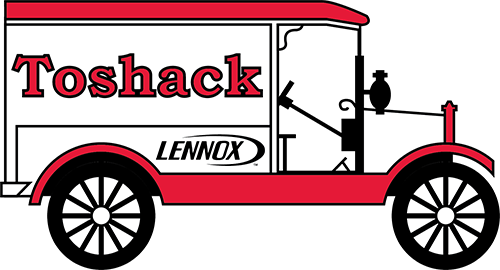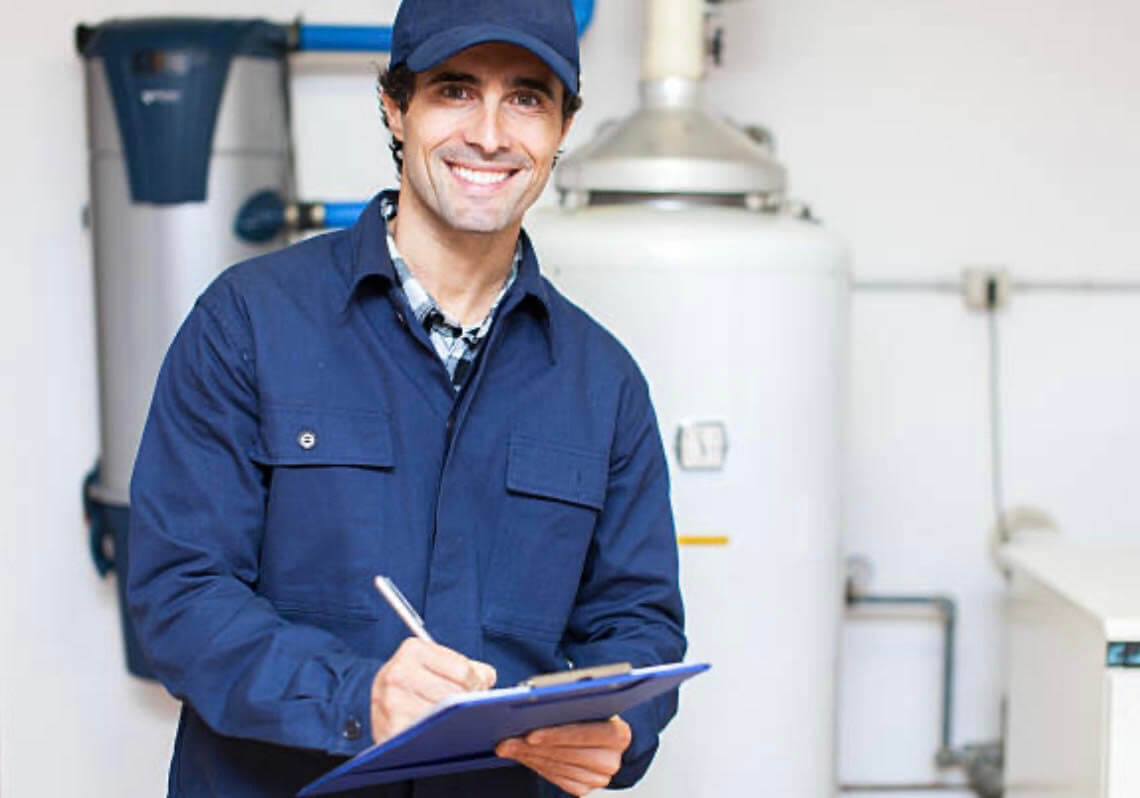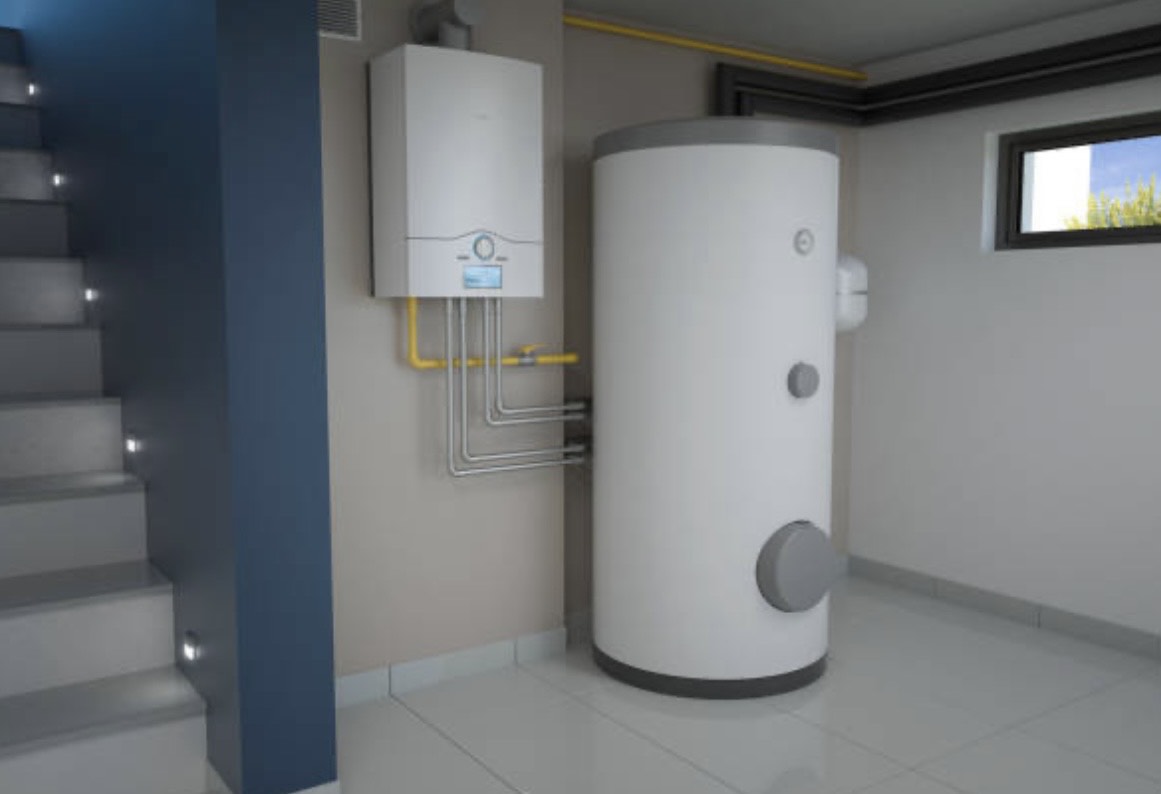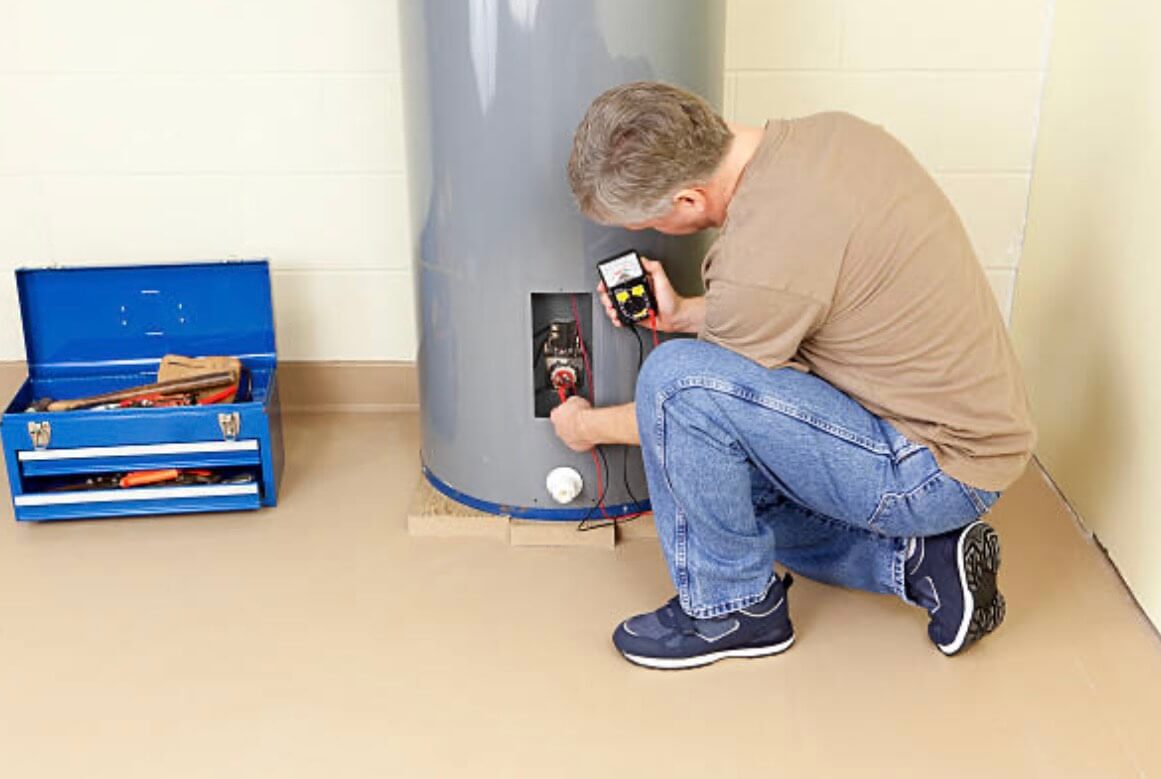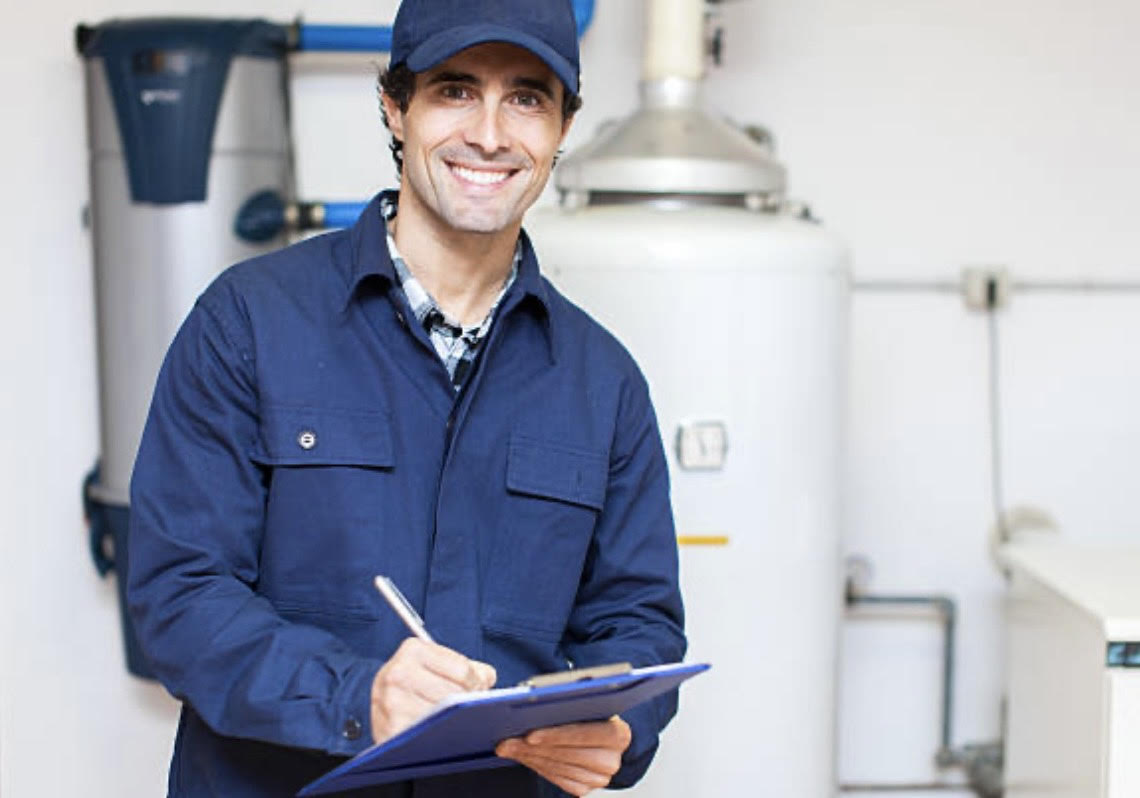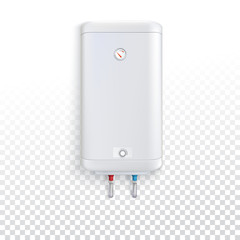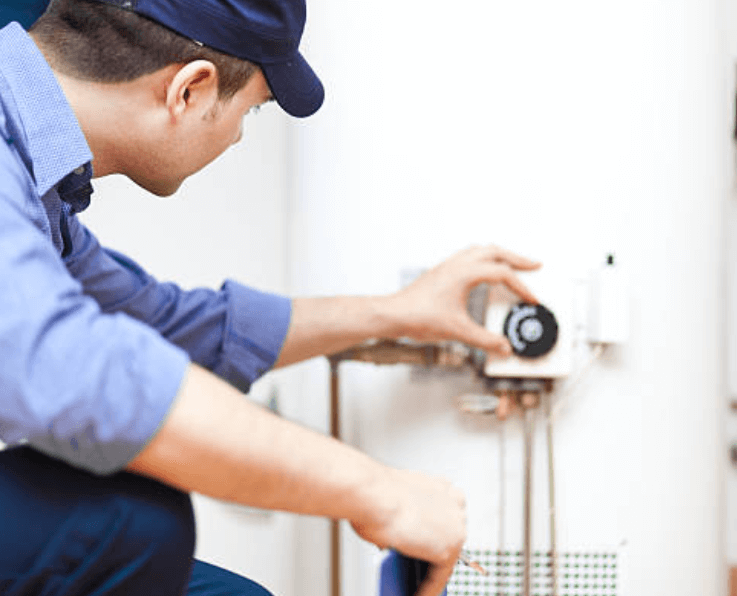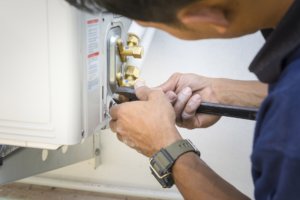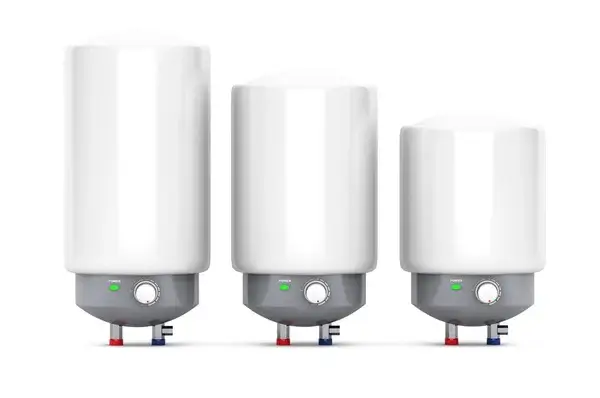Installing an electric tankless water heater requires technical knowledge and experience in plumbing and electrical work. Before you install your electric tankless water heater, you should consult with an experienced professional to determine which parts and accessories are needed for your specific system. It’s also important to read all instructions carefully before beginning installation.
The following steps provide an overview of the installation process:
Choosing a Location
The unit should be located in an area that is close to the necessary piping connections. This area can be in a small and unobtrusive spot, such as in a pantry, under the stairs, or next to a sink.
Proper Ventilation
Proper ventilation is essential for safety reasons when installing an electric tankless water heater. Ventilation requirements may vary depending on the specific model, so it’s important to check the manufacturer’s instructions before starting the installation process.
Gas and Electrical Connections
The appropriate electrical connections must be made in order for your electric tankless water heater to function properly. All connections need to be done in compliance with local codes and regulations. If there are any questions or doubts about this step, it’s strongly recommended to consult with a qualified professional for assistance.
Installation Tips
Although installing an electric tankless water heater can be done by a qualified DIYer with basic plumbing and electrical skills, this complex project should only be attempted by those who have experience with similar projects. Always read all instructions carefully before beginning any project and follow local codes and regulations when making any electrical or gas connections. If you have any doubts or questions about the process, it’s best to leave it to a professional installer or licensed contractor to ensure the safe operation of your system.
Regular Maintenance
Regular maintenance of your electric tankless water heater can help prolong its lifespan and prevent unnecessary repairs down the road. To keep your system running smoothly and efficiently at all times, make sure that you follow your manufacturer’s recommended maintenance schedule. This includes flushing out sediment build-up every two years as well as regular inspections by qualified professionals for potential problems, including leaks or improper functioning of parts such as thermocouples or gas valves. It’s important to replace worn-out parts immediately if there are signs of wear and tear to minimize repair costs down the road.
Conclusion
When installing an electric tankless water heater in your home, it’s important that you understand all the necessary steps involved to make sure that the process goes smoothly without any setbacks or safety risks involved. With proper knowledge of installation processes and regular maintenance practices, you can enjoy the advantages offered by an electric tankless water heater while minimizing repair costs down the road!
Toshack Tankless Water Heaters
Our team at Toshack works diligently to help homeowners capitalize on the many benefits of electric tankless water heaters. We work with the very best systems and train our team on the latest installation requirements for work in our clients’ homes. To begin reviewing your electric tankless water heater options, contact our team online to see how we can help with your Brockville or Kingston area installation.
